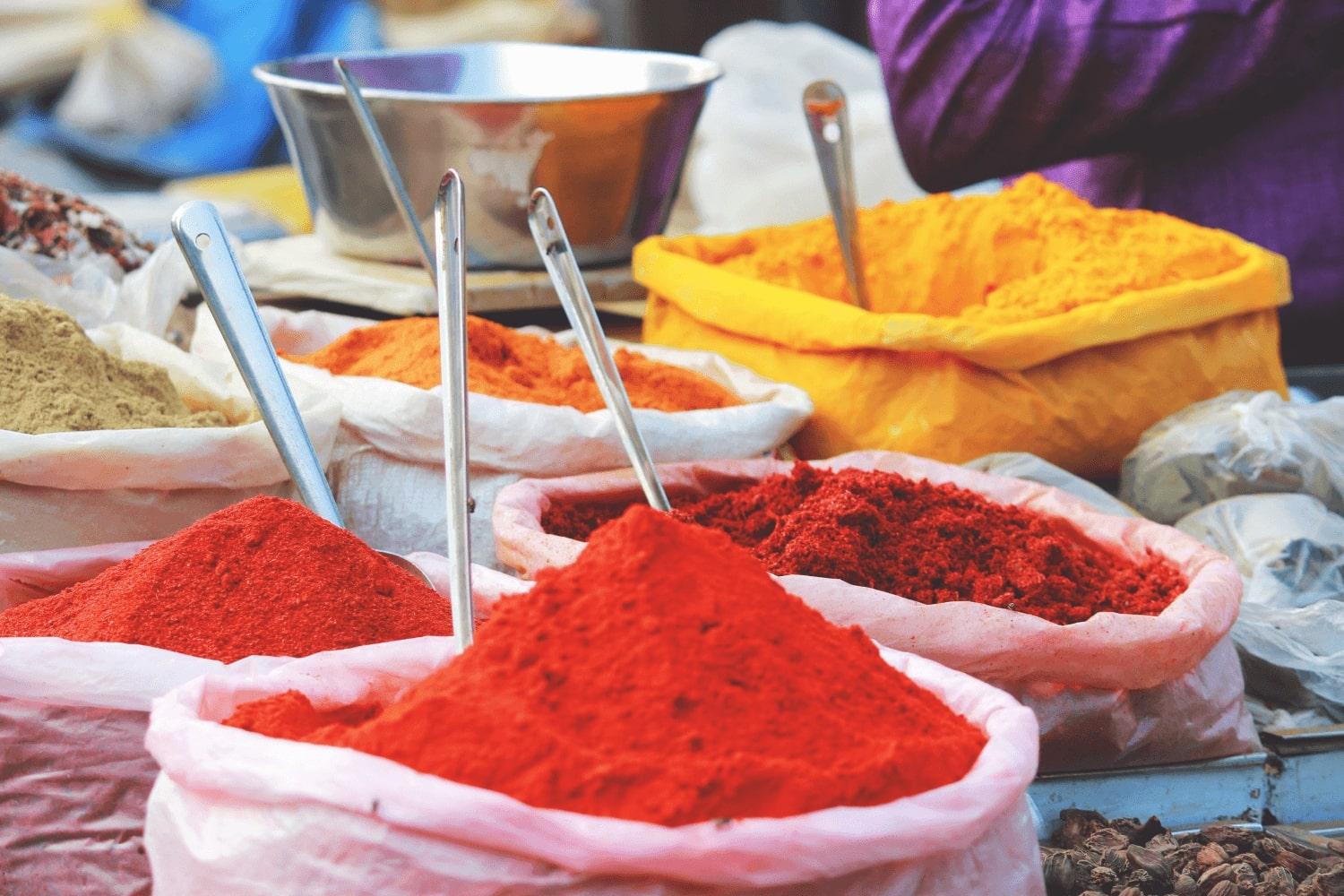
Equity & Access Newsletter
April/May Secondary Edition
Is Being a Good Person Holding You Back from Being a Better Person?
Most of us work hard as educators to believe and to be seen by others as a "good person." We also make assumptions of others as "good" even though we may know very little about them. We all have a different opinion as to what a good person does or looks like. But we inherently think we should know.
If we have the impression that we are a good person when things go wrong, or we make a mistake, we may get defensive and hold on to that belief tightly. We can apologize and say that was not our intention. Our impact may outweigh our intent and create unexpected harm. Our lack of cultural awareness and our biases may cause us to say or do the inappropriate thing. How do we as educators minimize those incidents when teaching in the classroom or working with parents?
We need to aspire to be a "better person." When we know we're not strong in math, we get a tutor and study more. But we have the impression that we all should know what it takes to be a good person without practice or the tools. Our experiences and perspectives may limit what we know and understand about others. Which means it's essential to understand the views and perspectives of others.
Cultural Competence is the ability to successfully negotiate cross-cultural groups to meet a particular goal or expectation. Below is a link to a cultural competency self - assessment. Find the time to take the assessment to get an understanding of where you are right now. You do not have to share the results with anyone. The assessment can be a great starting tool for becoming a better person. We can never be competent enough when it comes to learning about others because we continue to meet new people.
Cultural Competence Self-Assessment
Dolly Chugh, a social scientist speaks in her TED Talk about how the brain has a limited capacity to intake and process information and creates shortcuts to help us navigate the day. Dolly discusses what happens with our brains that may be a barrier that keeps us from becoming a better person. Check out the video below to learn more.
Equity Champion Perspective
What's In Your Toolbox?
If we want students to perform well on standardized tests, writing assignments, reading assignments, and other core subjects; we value and appreciate the relationships that must be built with students and parents to reach that goal. As we work to see students as they would like to be seen, we learn to become allies for students who identify as LGBTQ. Here are several strategies you can use to help you be a better person by being an ally.
- Post a "Safe Zone" sign: let students know you have their backs and you will be there for them. Let students know they have a place to go or a person to talk with if needed.
- Confront homophobic remarks: students can say inappropriate things unintentionally or intentionally. It's essential to call out unacceptable comments (there are various strategies to accomplish this). Remember - if not addressed gives the impression that those remarks are okay. You want all students to know that creating a safe and welcoming space is paramount.
- Seek opportunities to promote inclusive voices in the curriculum: all students would like to be reflected in their learning - it's no different for LGBTQ students.
- Organize or encourage: connect with your GSA sponsor and ask how you can support them or the students who participate in the group. All of our high schools and most of our middle schools have GSA groups; let's help them as much as we do any other student groups.
Allyship can be hard work but very rewarding when supports and resources are in place. Let students know you care by taking an active role in helping students be seen the way they want to be seen.
Tips for Teachers - Ally Yourself with LGBT Students
“Tips for Teachers | Ally Yourself with LGBT Students.” Teaching Tolerance, www.tolerance.org/magazine/tips-for-teachers-ally-yourself-with-lgbt-students.




